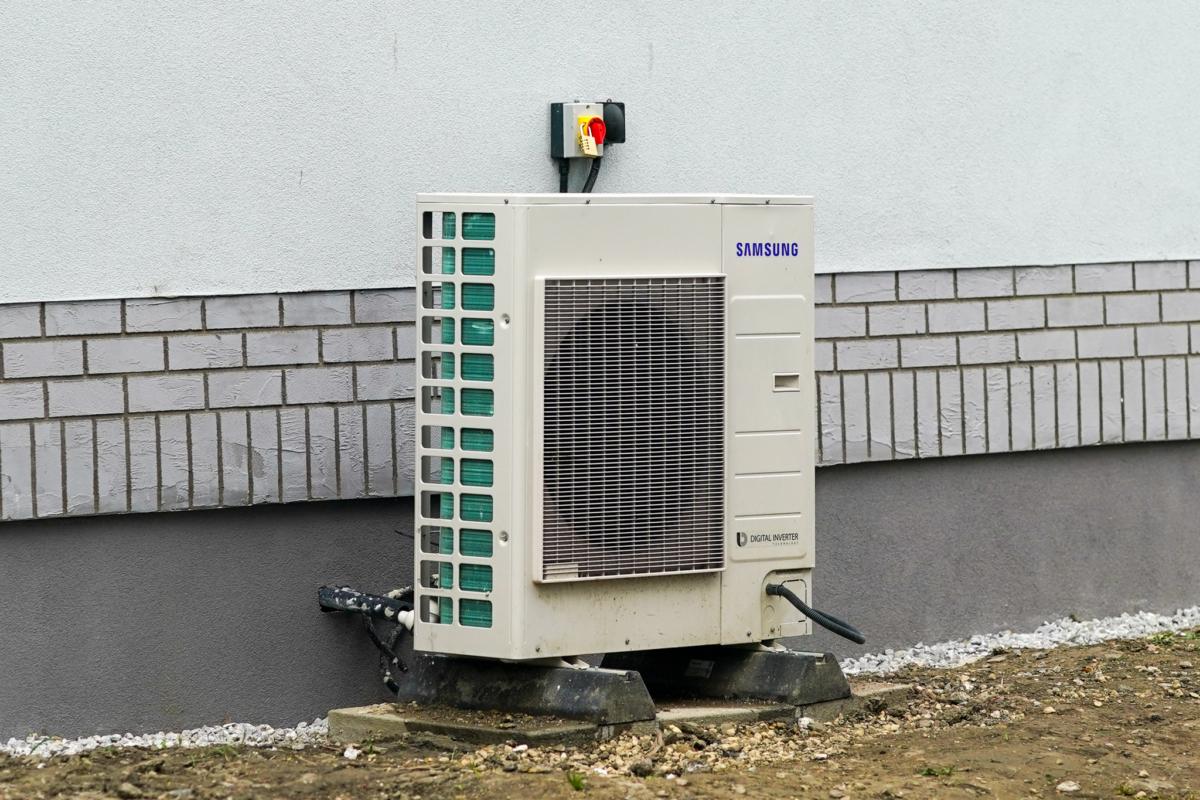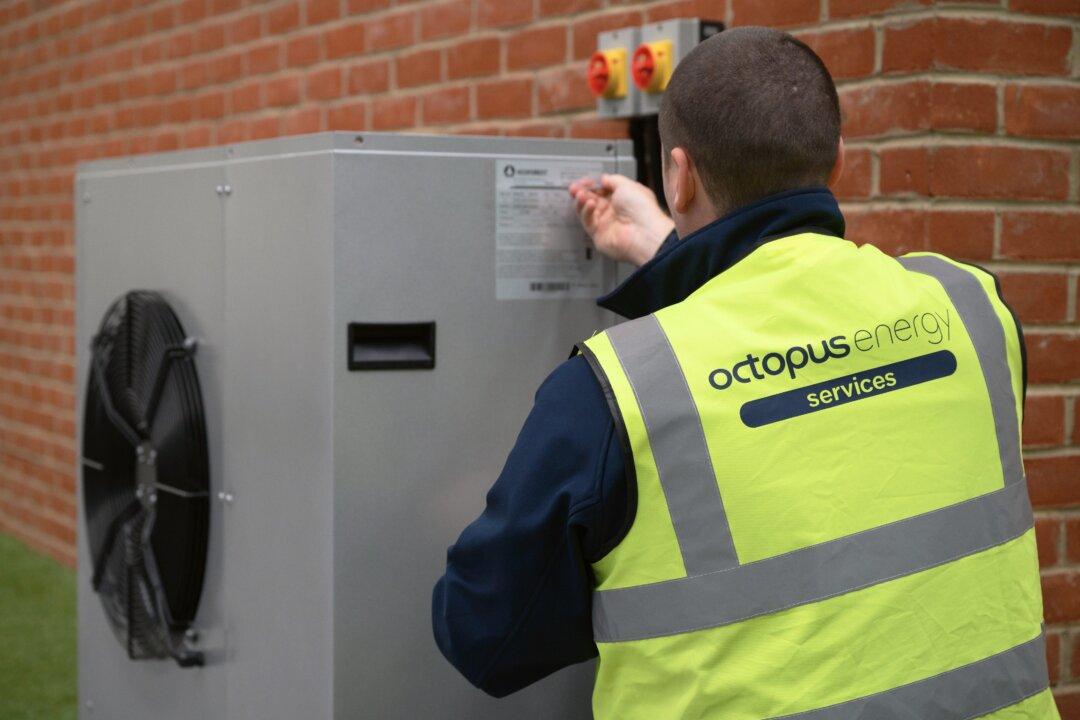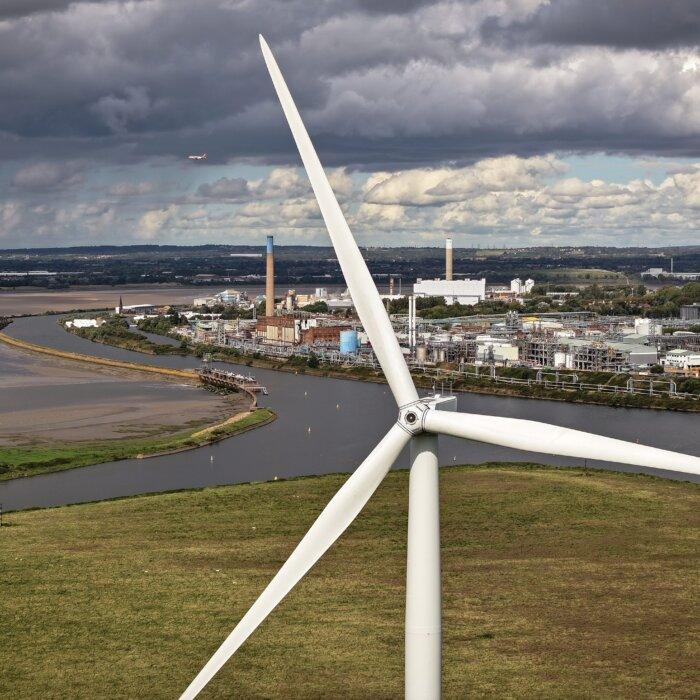Uptake of heat pumps has been less than half that predicted under the government’s grant scheme, with high costs and low consumer awareness to blame, the independent public spending watchdog has said.
The Department for Energy Security and Net Zero (DESNZ) had expected the scheme would see 50,000 households convert their gas boilers to heat pumps by that point.
In October, the government announced that grants for installing air or ground source heat pumps would increase from £5,000 and £6,000, respectively, to £7,500.
The government sees domestic heat pump installation as a key technology for achieving net zero emissions, setting itself a target of 600,000 installations per year by 2028, up from 55,000 sales in 2022. The expectation is that this rate would increase by up to 1.6 million a year by 2035.
Costs ‘Key Factor’ Affecting Demand
The NAO said costs associated with installation and running a heat pump system were a “key factor” affecting demand.The report stated that the average market rate for replacing a gas boiler with a heat pump was around “four times higher than replacing like-for-like,” citing the average cost of heat pump installation last year as £11,287.
While that is a 6 percent fall on 2021, the watchdog said that installation costs would have to decrease “around three times faster over the next two years if they are to reach the minimum 25% reduction ambition.”
Pressures on the global supply chain, such as the shortage of semiconductors, and high energy prices increasing the cost of manufacturing were highlighted by DESNZ as reasons for costs having not fallen more.
The NAO report highlighted high running costs being a factor, noting that the government delayed plans to “rebalance energy prices” by nearly two years.
“Electricity remains more expensive per unit than gas, making heat pumps potentially more expensive to run than a gas boiler,” the report said.
Rebalancing gas and energy prices would involve shifting green and energy levies and obligations from electricity to gas bills.

Public Awareness
The independent public spending watchdog also noted that 30 percent of the public said in a summer 2023 survey they had never heard of, or knew hardly anything about, changes needed to how buildings are heated in order for the government to meet its net zero requirements.A further 31 percent knew “a little” about it, 28 percent knew “a fair amount,” while just 11 percent knew “a lot.”
Gareth Davies, head of the NAO said: “Government needs to engage every household to achieve its objective to decarbonise home heating as part of the transition to net zero.
“DESNZ’s progress in making households aware and encouraging them to switch to low-carbon alternatives has been slower than expected.”
Need to Be Realistic About Consumer Demand
Responding to the report, Chairwoman of the Parliamentary Public Accounts Committee Meg Hillier said, “DESNZ need to be realistic about levels of consumer demand, raise public awareness of heat pumps and work with industry to make heat pumps more affordable for households.”The Climate Change Committee, an independent public body, estimates the government will need to invest an additional £162 billion from 2020 to 2050 to install low-carbon heating in existing households.
A DESNZ spokesperson said, “By helping rather than forcing families to install heat pumps, with a 50% bigger heat pump grant, we have boosted applications by nearly 40%.”
Rules Pushing Heat Pump Sales Delayed
Last week, the government delayed requirements on boiler companies to increase the number of heat pumps they sell to April 2025.The Clean Heat Market Mechanism had required manufacturers to match or substitute 4 percent of their natural gas boiler sales with heat pumps or face a £3,000 penalty for each missed installation.
The measures, originally due to be introduced on April 1, had resulted in manufacturers increasing prices on boilers by as much as £120—dubbed the “boiler tax”—to cover the costs of the potential fines.
Gas Engineers Reluctant to Retrain
In February, MPs heard that gas engineers are reluctant to retrain as heat pump installers because current gas engineering work is more stable and there was not currently the “market pull” encouraging the transition.Mark Crowther, a fellow at the Institution of Gas Engineers and Managers, told the Energy Security and Net Zero Committee that in his experience, engineers were also reluctant to move into working with heat pumps because they are considered “high risk,” not only in terms of the “complexity of heat pumps installation,” but over fear of callbacks to properties for malfunctioning systems.
“They’re frightened of their Trustpilot ratings,“ Mr. Crowther said, ”It’s just a high risk. Why would you try to push a heat pump when you can make good money banging out condensing boilers?”







